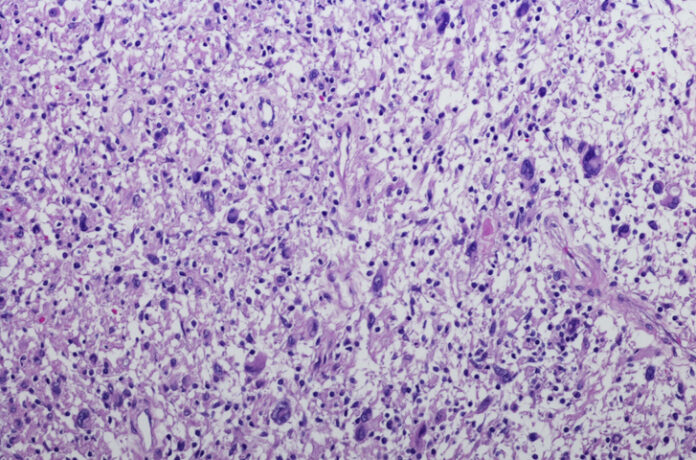New Delhi, June 9
A two-week course of the safe, affordable diabetes medication, metformin, following a positive Covid test could reduce risk of long Covid by 40 per cent over the subsequent 10 months, a study published in The Lancet Infectious Diseases journal found.
Participants chosen for the study were over 30 years of age, at a higher risk of severe COVID-19 because of being overweight or obese and had tested positive for SARS-CoV-2 within the last three days, with no prior Covid infection.
The study, which included researchers from the University of Minnesota, US, recruited 1,126 participants from December 2020 to January 2022 who were given either metformin or an identical placebo pill after they returned a positive Covid test. Follow-up data over the 10 months was collected through questionnaires every 30 days.
The study also found that 6.3 per cent (35 out of 564) of the patients administered with metformin reported a long Covid diagnosis over the follow-up period, compared to 10.4 per cent (58 out of 562) of those receiving placebo.
The diabetes medication had been previously found to have prevented 40 per cent of emergency department visits, hospitalisations, and deaths due to COVID within two weeks of starting the treatment, compared to a placebo, the study said.
Long Covid, consisting of symptoms Covid infected patients face in the long-term, is an emerging chronic illness potentially affecting millions of people around the world and currently, has no proven treatment or means of prevention, other than preventing the infection itself.
“Long COVID is a significant public health emergency that may have lasting physical health, mental health, and economic impacts, especially in socioeconomically marginalised groups.
“Our study showed that metformin, a medication that is safe, low-cost, and widely available, substantially reduces the risk of being diagnosed with long COVID if taken when first infected with the coronavirus,” said first author Carolyn Bramante, University of Minnesota Medical School.
Bramante, however, said that their study did not indicate if metformin would be as effective in treating patients who already have long Covid.
“Previous studies have found that metformin stops the SARS-CoV-2 virus from replicating in the lab, which is consistent with predictions from our mathematical modelling of viral replication, so that might be what is causing the reduction in both severe COVID-19 and Long COVID diagnoses seen in this trial,” said co-author David Odde, University of Minnesota biomedical engineer.
Other arms of the trial looked at ivermectin and fluvoxamine and found neither to prevent long Covid.
The study is limited, the authors said, by the fact that the trial excluded those not overweight or obese, younger than 30 years and thus, it was unknown if the findings could be generalised to these populations.










